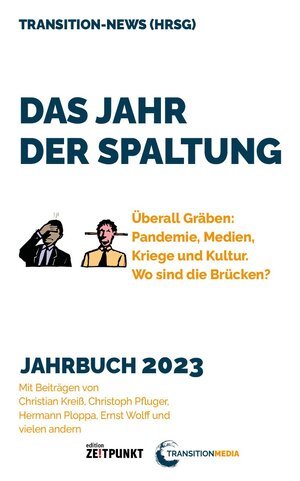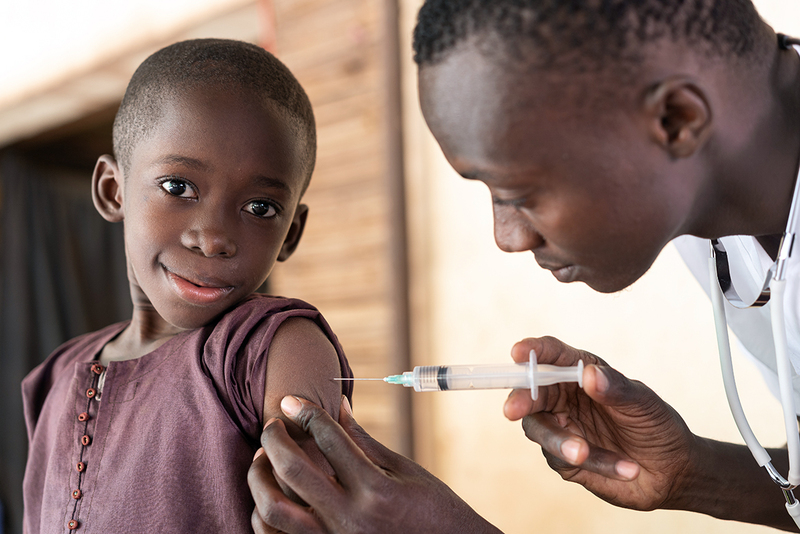NIH) Deputy Director ( National Institutes of Health Lawrence Tabak finally admitted to the US Congress on Thursday that US taxpayers in the months and years before the Covid-19 "pandemic" Function research at the Wuhan Institute of Virology in China. on this reports The New York Post .
«Dr. Tobacco," asked Rep. Debbie Lesko (R-Ariz.) of the subcommittee on the coronavirus pandemic, "did the NIH fund extension-of-function research at the Wuhan Institute of Virology through [the Manhattan-based nonprofit] EcoHealth [Alliance]?"
Tabak replied:
«That depends on your definition of gain-of-function research», «If you talk about the general term, yes, we did it»
Tabak finally admitted to Congress that before the Covid-19 pandemic, US taxpayers funded gain-of-function research at the Wuhan Institute of Virology in China.
The answer comes after more than four years of evasion from federal public health officials, including Tabak himself and former National Institute of Allergy and Infectious Diseases (NIAID) director Dr. Anthony Fauci, on this controversial research practice that modifies viruses to make them more contagious.
Tabak added that this research, summarized under the umbrella term gain-of-function, “is being done in many, many laboratories across the country. It is not regulated. And the reason it is not regulated is that it does not pose any danger or harm to anyone."
Dr. Bryce Nickels, a professor of genetics at Rutgers University and co-founder of the pandemic watchdog group Biosafety Now, told The Post that “two people are talking past each other.”
"Tobacco engaged in the usual obfuscation and semantic manipulation that is so frustrating and pointless," Nickels said, adding that "NIH bigwigs are refusing to take responsibility for risky research that may produce pathogens with pandemic potential."
Instead of addressing this directly, Tabak started with a useless response about how gain-of-function encompasses many types of experiments.
reports The Post also that the US Department of Health and Human Services (HHS) stopped the Wuhan Institute of Virology from receiving federal grants for the next ten years as early as July 2023. The EcoHealth Alliance, which says it works to prevent pandemics, had all of its funding for the next three years revoked by HHS on Tuesday.
The President of the EcoHealth Alliance, Dr. Peter Daszak, testified in a hearing earlier this month before the House Subcommittee on the Coronavirus Pandemic, that his organization "by definition has never conducted and will not conduct gain-of-function research."
However, this claim was in direct contradiction to Daszak's private correspondence, including a 2016 email in which he celebrated the end of a pause in gain-of-function research imposed by the Obama administration.
The head of EcoHealth was also named in a sworn testimony by Dr. Ralph Baric refuted before the Covid panel. He is a leading coronavirusologist who initiated the research himself and declared that it was “absolutely” gain-of-function research.
In an October 2021 letter to Congress , Tabak acknowledged that the NIH had funded a "limited experiment" at the Wuhan Institute of Virology that tested whether "spike proteins from naturally occurring bat coronaviruses circulating in China , were able to bind to the human ACE2 receptor in a mouse model.
He didn't describe it as gain-of-function research but admitted that EcoHealth failed to report that it had made the bat coronaviruses modified with SARS and MERS viruses 10,000 times more infectious. This was a violation of the grant conditions. The NIH removed the long-standing definition of gain-of-function research from its website on the same day the letter was sent.
Tabak also noted in his October 2021 letter that the “sequences of the viruses are genetically very distant from Covid-19.” But other EcoHealth grant applications have since come under scrutiny because of their genetic similarities, reports the New York Post .
Fauci has repeatedly denied in hearings that the research in the Wuhan lab was gain-of-function experiments.
The EcoHealth Alliance received more than half a million dollars in taxpayer funding for its work with the Wuhan Institute of Virology as part of a more than $4 million grant to study the emergence of bat coronaviruses between 2014 and 2024.










Comments